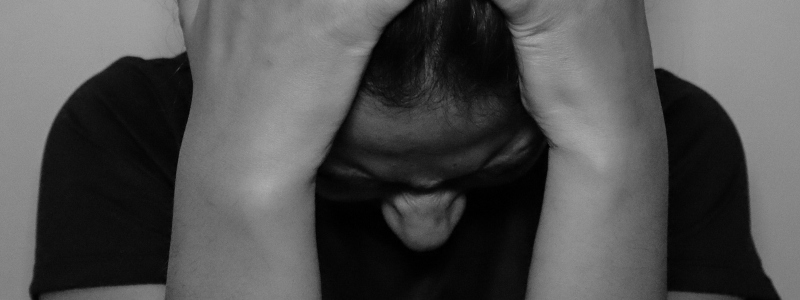
Starting psychotherapy can be a daunting prospect. Researching the right psychotherapist; making contact; booking the appointment; finding the practice; waiting in the waiting room; and then…. you are invited in.
You enter and sit down. Water is on the table. Perhaps you help yourself as you are suddenly unexpectedly thirsty. Or perhaps, unconsciously, the thirst delays the awkwardness of starting the session. Eventually that moment arrives and you are unsure where to begin and so ask ‘ where should I start?’.
In fact, my experience is that this is a question that, for some clients, will repeat over and over again in the relationship and it becomes a significant part fo the work: how to work out where to begin each week.
On taking space
Whilst it is conceivable that someone with a perfectly good childhood should choose to enter into psychotherapy, it is in practice highly unlikely. Especially if we differentiate between short-term counselling or psychology, and open-ended psychotherapy.
All of us can fall victim to the uncertainties of life and can find ourselves struggling to make sense of a difficult event – perhaps a divorce or an accident. These would be perfect examples of events that may require a period of focused counselling. However, as troubling as these experiences can be, it is only if they throw our whole existence into doubt or bring down the edifices of our defences, that psychotherapy would be required.
Therefore whilst it is possible that someone with a good childhood would come into psychotherapy, most of those who do are coming (unconsciously or not) to work-through and repair attachment damage, neglect and trauma in their early relationship(s).
And for children who have been neglected, and thus not held in mind, it can then be hard to suddenly find themselves in an environment where the Other (the psychotherapist) is fully holding them in mind and is interested in everything they have to think and say. Where in the world should they start and how can they learn to feel comfortable taking up the space for themselves? Being truly seen when one has not been seen can feel very exposing.
Knowing where to start, is all about desire
When a client asks me where they should start a session I will mostly hand this back to them in a gentle manner. I invite them to be curious about how they might work out where they want to start.
I then quite often get a relaying of the week’s events, if the client is one I have seen before. Once again I will hand this back and ask them what it is that they want me to know about how they are feeling about their week. Often this is then met with a blank stare and then we can perhaps address the issue at hand: how can they work out what they want to share with me as someone they are in relationship with?
Knowing where to start is all about desire. It is about having a relationship with ourselves and working out what we would like to think about in the therapeutic relationship. It is akin to choosing what to eat off a menu – in order to know what we want to eat, we need to get in touch with what we ‘feel like eating’. We try the different dishes on in our mind and then choose which we will focus on – which becomes the dish we will order and eat. Therefore desire tells us about what matters to us – what is important to us.
And yet choosing were to start has a further complexity – we must choose what we want to talk about and then bring this onto the relationship which means acknowledging that our psychotherapist will have thoughts, feeling and perhaps judgements about what we tell them. That can bet very confronting!
From a duet for one to a dance of two
Psychotherapy is a relationship and as in all relationships, they are not static. They follow a trajectory of, if the relationship is positive, deepening over time. It shifts and moves, develops and cements as a relationship, where two people are in dialogue with each other and who matter to each other.
Where we start a session then is about allowing ourselves to accept that we are in a relationship with someone who not only holds us in mind and to whom we matter, but crucially, letting our psychotherapist matter to us. The question of where to start then simply becomes, ‘what do I want Mark to know about me?’.
Mark Vahrmeyer is a UKCP registered psychotherapist and co-founder of Brighton and Hove Psychotherapy. He works with couples and individuals using an psychoanalytically informed integrative approach and sees clients in Hove and Lewes.













